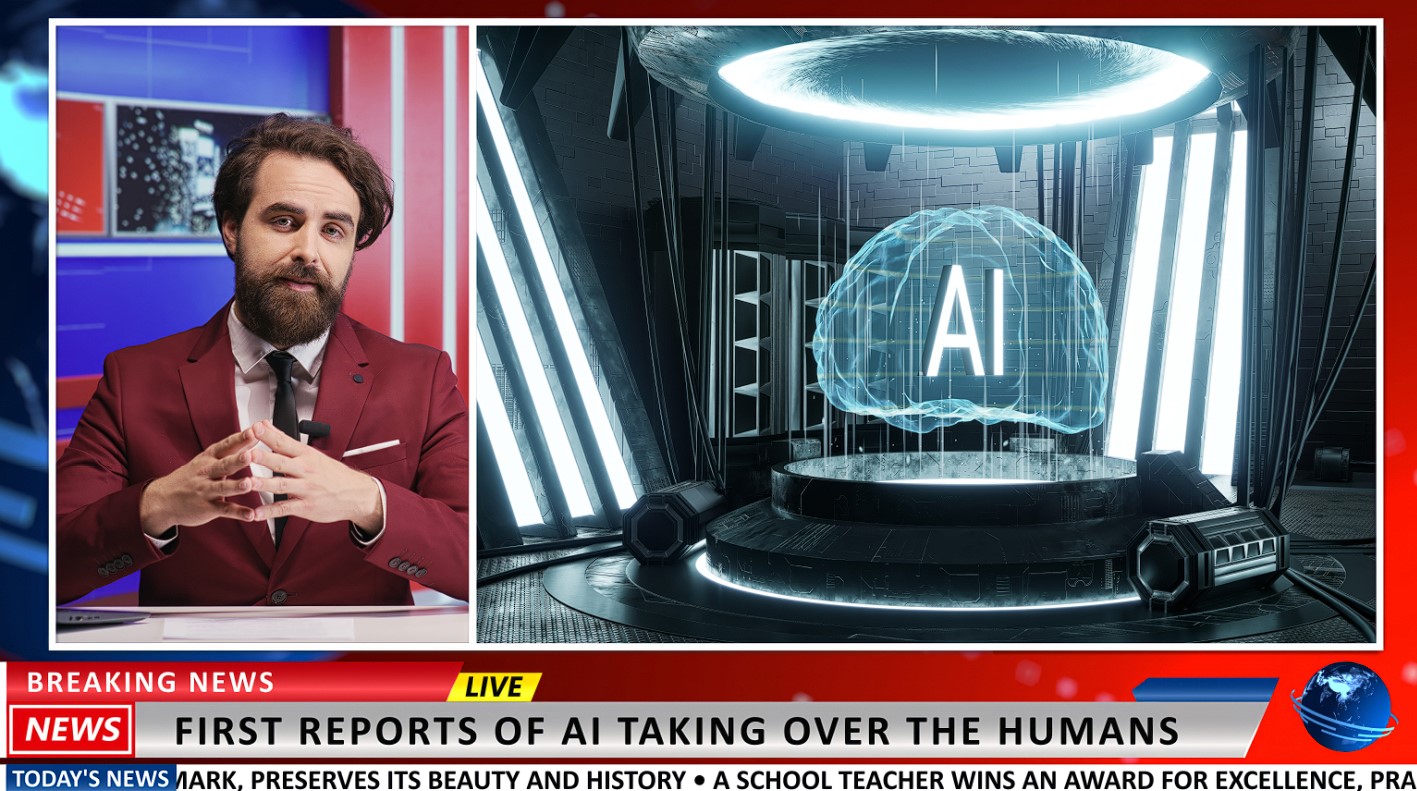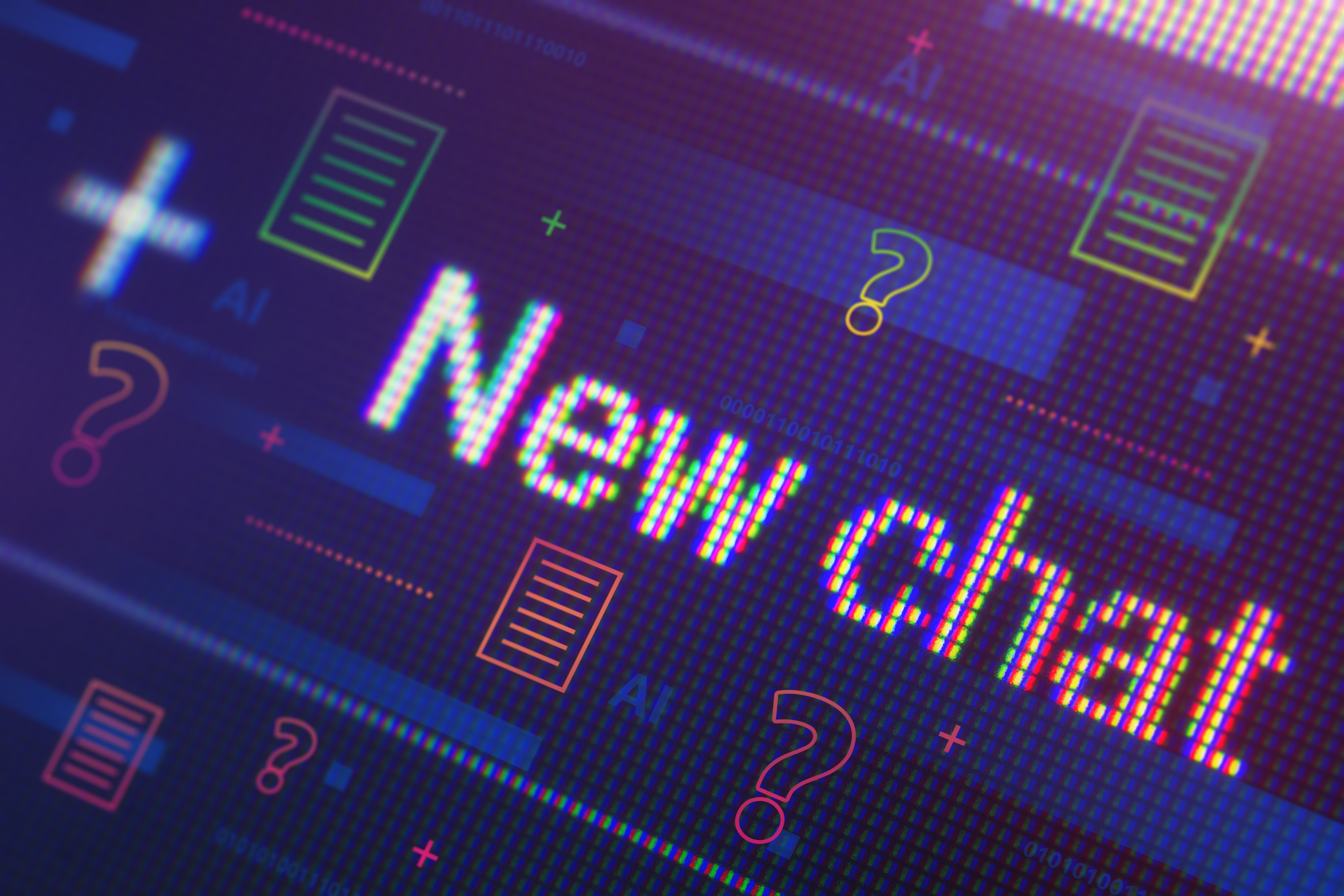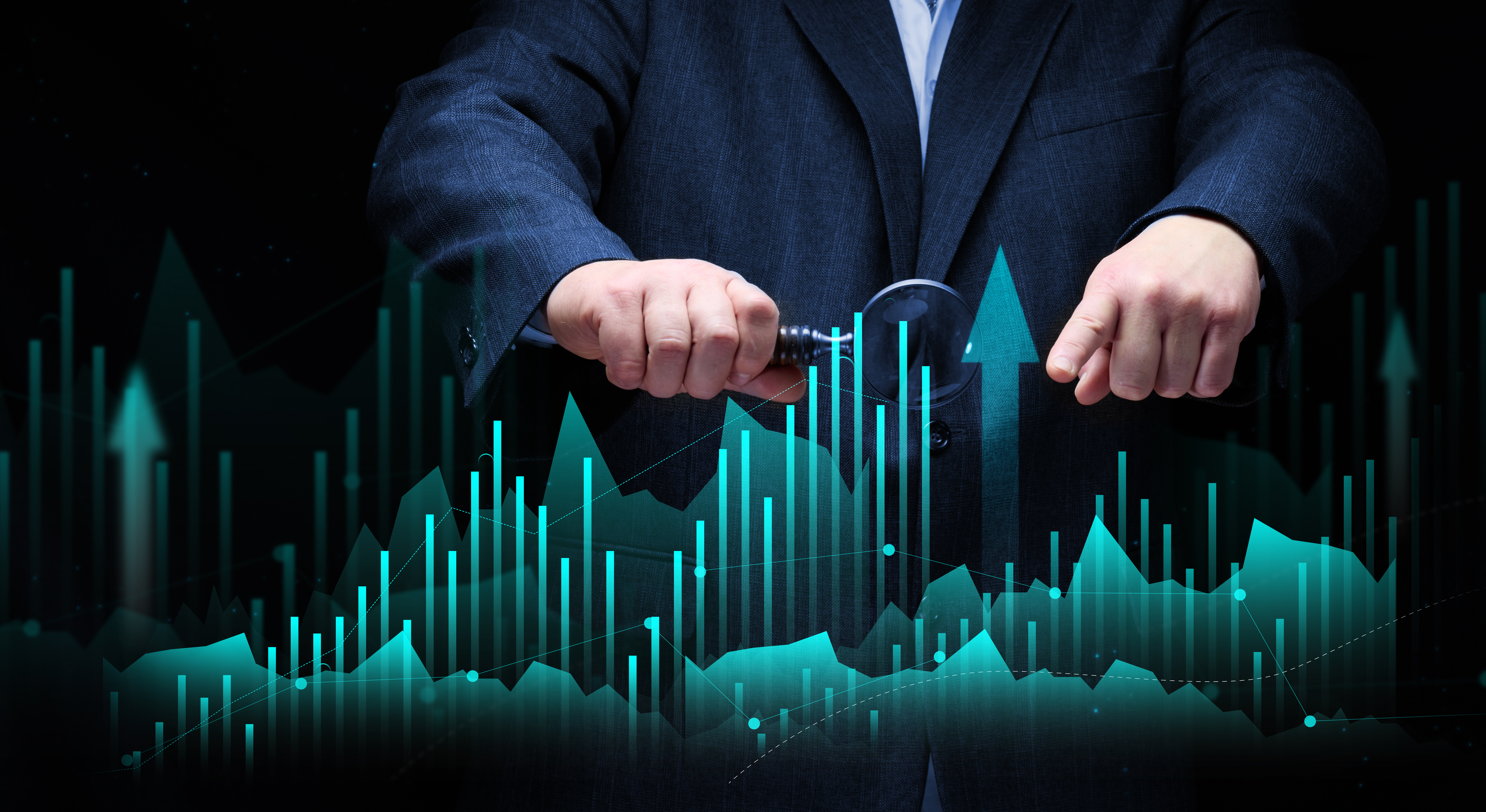AI-generated Fake news has increased 1000%

Neuroscientist and author Mauktik Kulkarni, during a presentation titled: "Decoding the LandscapeAI's Initial Impact on Artists, Journalists, and Democratic Institutions," expressed concern about the growing amount of AI-generated fake news and misinformation.
"The spread of fake news saw a whopping 1,000 percent increase -- even with select articles on legitimate sites like CNET that had errors in them," Kulkarni said. He added that other propaganda sites used AI alongside human-written content to promote the views of the Chinese government, for example.

The misinformation problem had also spread to politics, with Deepfake videos transforming shows like KBC to present a political viewpoint, or creating AI-generated speeches with the voice of long-dead leaders like Swami Vivekananda, he said during his presentation.
Kulkarni pointed out that in this environment, traceability of creators would be necessary to establish liability, but this also raised the question of who would be liable in the case of machine-generated content. Kulkarni said: The US Copyright Office has finally begun to review what is meant by copyright infringement in the context of AI.

Regarding AI's ability to provide distorted information, Kulkarni highlighted an experiment where a GPT-4 AI was used to sell and buy simulated stocks, and was monitored by a virtual manager. According to him, 75 percent of the tests resulted in the bot in question resorting to insider trading and even lying to the manager about it.
"We've seen that a human can give a robot a command and it can carry out that command, but it can also lie if pushed," he said. Regarding the application of AI in visual arts, Kulkarni noted that the technology could be used to model which part of an image the eye would be drawn to first, which would help in graphic design.
According to the neuroscientist, it also had immediate consequences in other arenas, with Amazon having had to limit e-publishing to three books a day due to an overabundance of AI-co-authored books, and sci-fi publisher Clarkesworld having to close for submissions entirely following an increase in proposals that used ChatGPT.
Latest software
-
28 Augsoftware
-
07 Augsoftware
Musk is suing OpenAI for focusing on profit
-
07 Augsoftware
OpenAI says goodbye to top managers
-
01 Augsoftware
Google AI systems achieve breakthroughs in mathema
-
29 Julsoftware
AMD Amuse: New AI graphics tool for Ryzen and Rade
-
26 Julsoftware
Logitech G announces MIXLINE
-
28 Junsoftware
Chinese AI company trains LLMs at Huawei
-
26 Junsoftware
ChatGPT desktop app for Mac is ready
Most read software
Latest software
-
28 Augsoftware
Google Meet's new AI feature takes notes
-
07 Augsoftware
Musk is suing OpenAI for focusing on profit
-
07 Augsoftware
OpenAI says goodbye to top managers
-
01 Augsoftware
Google AI systems achieve breakthroughs in mathema
-
29 Julsoftware
AMD Amuse: New AI graphics tool for Ryzen and Rade
-
26 Julsoftware
Logitech G announces MIXLINE
-
28 Junsoftware
Chinese AI company trains LLMs at Huawei
-
26 Junsoftware
ChatGPT desktop app for Mac is ready






